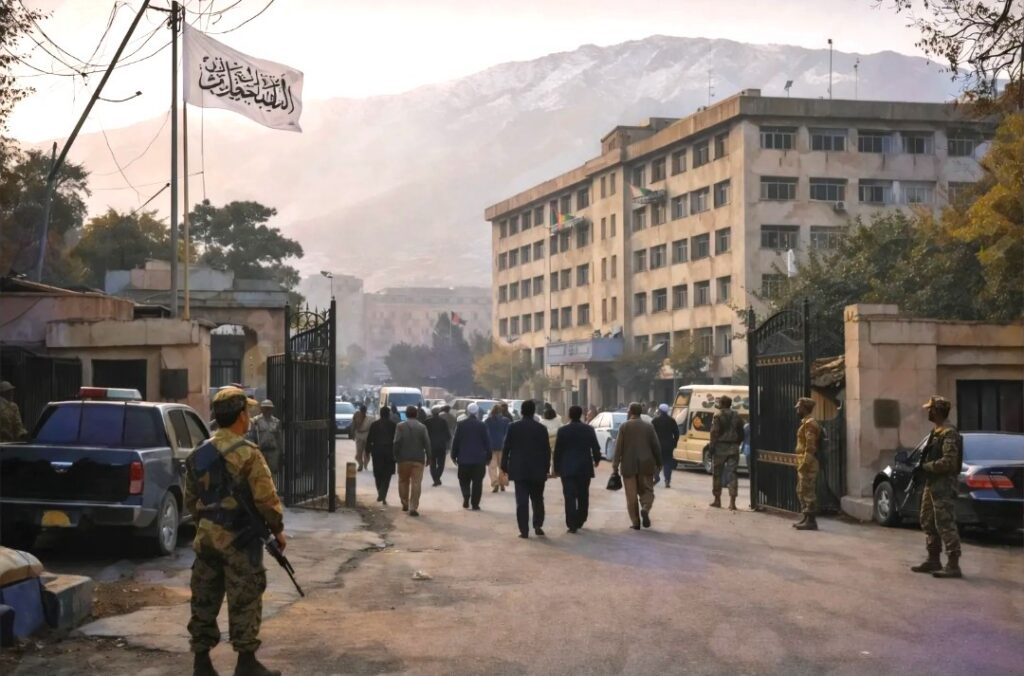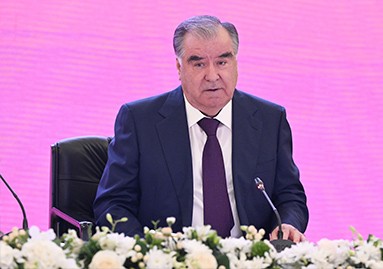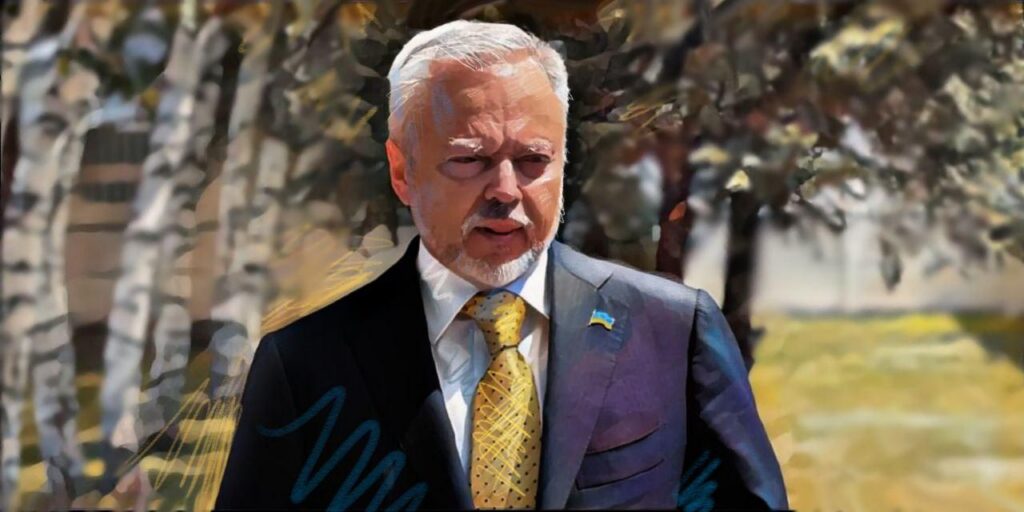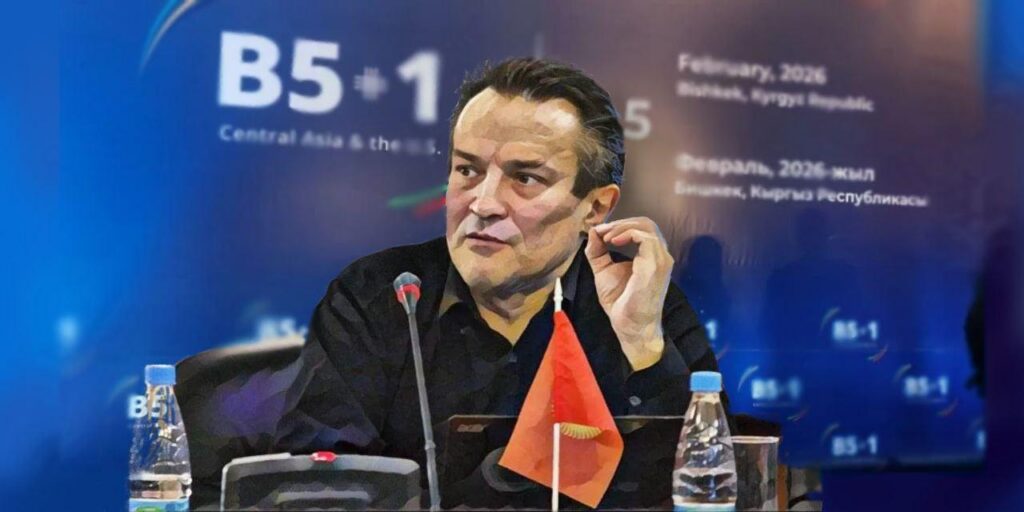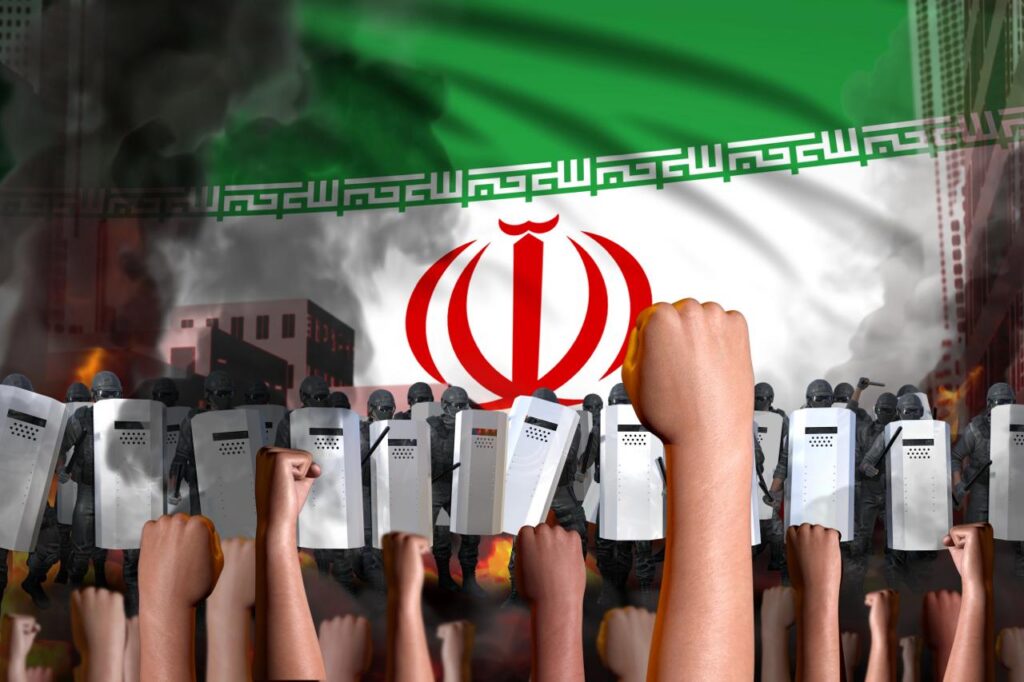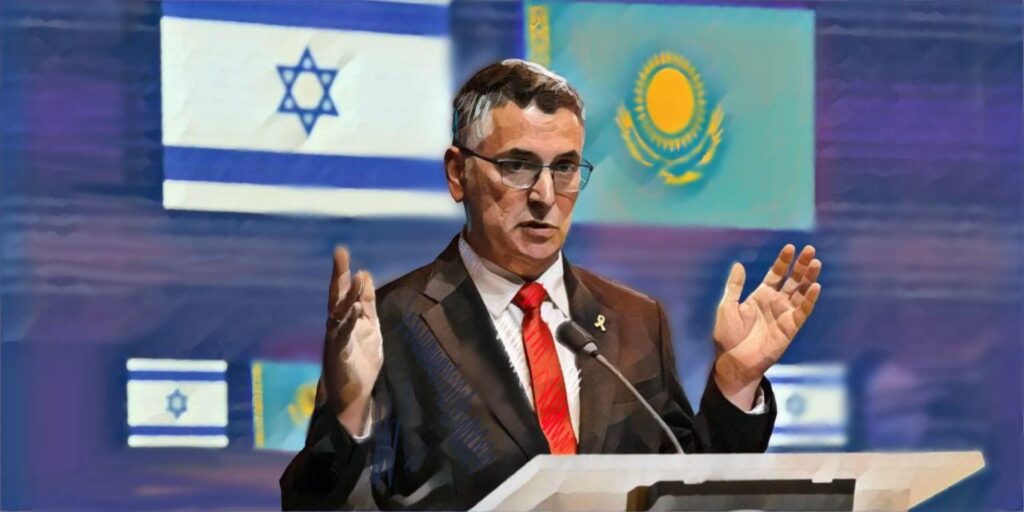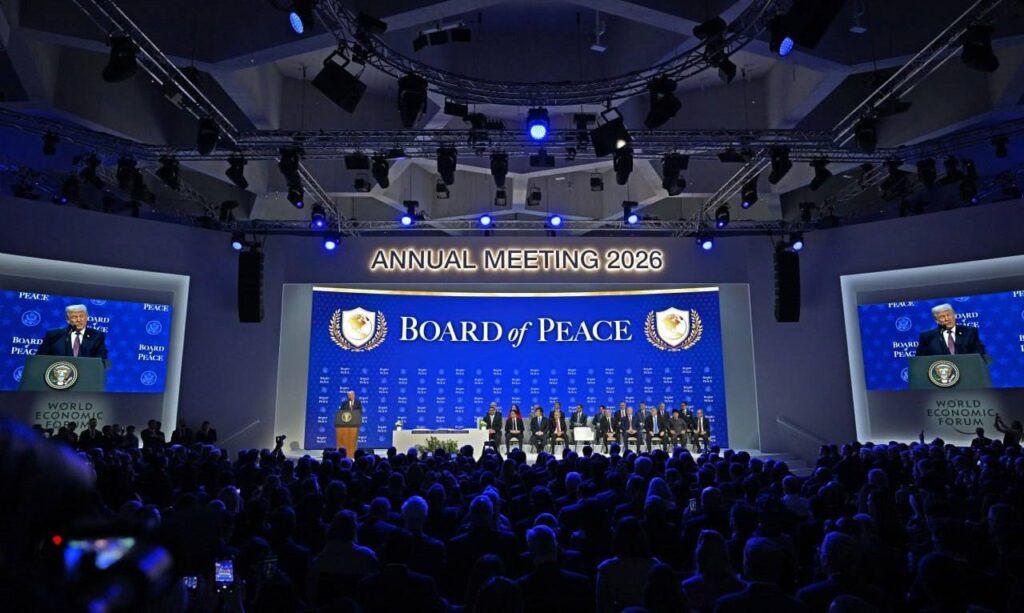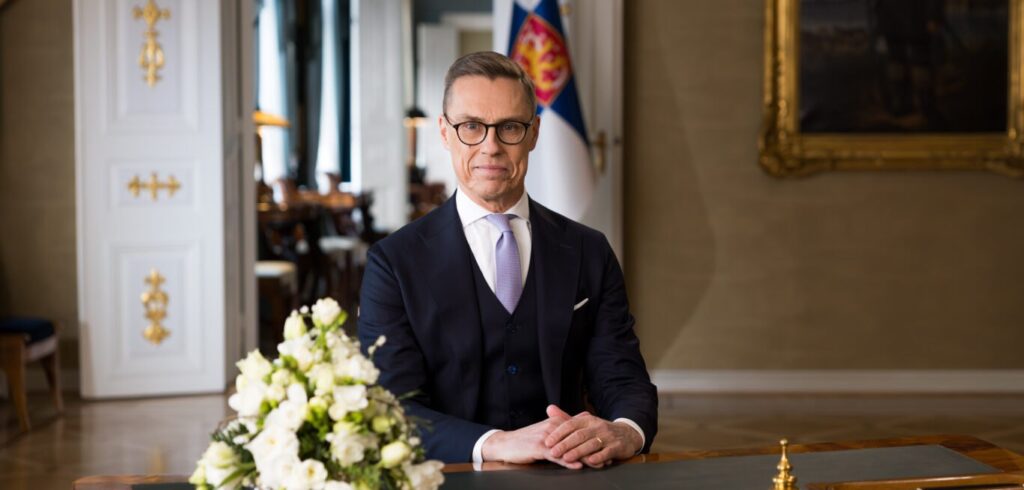There has been talk about who’s up and who’s down since the Syrian rebel offensive that ousted President Bashar Assad this month. Central Asia might end up as a winner on the geopolitical scorecard, according to one theory.
For Syrians, the future depends on whether the country can stabilize under a new government or is headed for fresh conflict. But here’s the international fallout so far:
Russia, Iran and the Hezbollah group in Lebanon, key backers of Assad during years of civil war, lost power and influence in the region. Turkey, which supported some rebel groups, has more clout in Syria, where it opposes Syrian Kurdish forces. Israel has benefited because its enemy Hezbollah has lost a supply route through Syria from patron Iran, though it says it is striking Syrian military sites because threats remain.
There could be economic gains for Central Asia, far from the maneuvers on the ground in Syria. Some analysts believe an ascendant Turkey will call in some favors from Russia, which along with Iran is on the backfoot. One thing that Turkey and Central Asian trading partners really want is the opening of a land route, the so-called Zanzegur corridor, in the South Caucasus, and Russia can possibly help to make that happen.
The 43-kilometer corridor, which is expected to make land trade between East Asia and Europe more efficient, would connect Azerbaijan with its enclave of Nakhchivan, passing through Armenia before joining with Turkey and European markets beyond. The transport connection is supposed to open under a 2020 cease-fire agreement following Azerbaijan’s military success against Armenia, with Russia as a security guarantor. But Zanzegur remains contentious because of Armenian concerns over sovereignty and a final peace deal is yet to be signed.
Now, the theory goes, Turkish President Recep Tayyip Erdogan could push Russian President Vladimir Putin for an assist on Zanzegur in exchange for apparently helping Russia evacuate troops from Syria, and for possibly helping Moscow form a relationship with the new Syrian leadership.
“What will Turkey demand from Russia? Perhaps lighter terms for the supply of key energy supplies now at threat from US sanctions,” economist Timothy Ash wrote in an analysis. “Russian agreement also perhaps over Azeri and Turkish access to Nakhichevan [through] the Zangezur corridor and on to Central Asia? Putin now owes Erdogan. He will collect.”
Ahmad Vakhshiteh, a senior lecturer at RUDN University in Moscow, made a similar argument, saying in an interview with German media outlet DW that Turkey could use Syria leverage to advance wider geopolitical goals such as the Zanzegur corridor.
Under the 2020 cease-fire deal, Russian border guards would control transport on the corridor, whose opening could also benefit Russia´s trade connections. But Russian influence has decreased as Armenia has all but withdrawn from a regional, Russian-led security pact and increasingly looks for Western partnerships. There has also been some discussion of bypassing Armenia and building an adjacent land corridor through Iranian territory, though Iran’s own trade and security interests are big factors.
Still, Erdogan has pushed hard for a land route with cultural implications as a link with Turkic ethnic groups in the Caucasus and Central Asia. Moreover, as part of his “intense Syria diplomacy,” the Turkish president spoke by phone with President Ilham Aliyev of Azerbaijan, Erdogan’s office said on Saturday. Earlier this year, Erdogan told reporters that the Zanzegur corridor holds “great significance” for Aliyev and that “Azerbaijan will be very relieved as soon as the rail system is put into operation,” according to the Turkish presidency.
Currently, Turkey and Azerbaijan are connected via a land route through Georgia. The Zanzegur route, however, is the shortest land route from Asia to Europe and would deliver “great prospects for the development of trans-Caspian transportation, which involves almost all of Central Asia and the South Caucasus,” Nargiza Umarova wrote for the Caspian Policy Center.
“The Zangezur Corridor is more than just a shortcut – it’s a game-changer for Central Asia, offering unprecedented economic integration and connectivity between Asia and Europe,” Raissa Muhutdinova, regional director with Global Civil Initiatives, a Kyrgyzstan-based NGO, said last month in a post on LinkedIn.
“For the Central Asian ‘five,’ this route could redefine their geo-economic landscape by facilitating faster, cheaper access to European markets, allowing these nations to capitalize on their strategic positions like never before,” said Muhutdinova, referring to the five post-Soviet states of Kazakhstan, Kyrgyzstan, Uzbekistan, Tajikistan and Turkmenistan.

